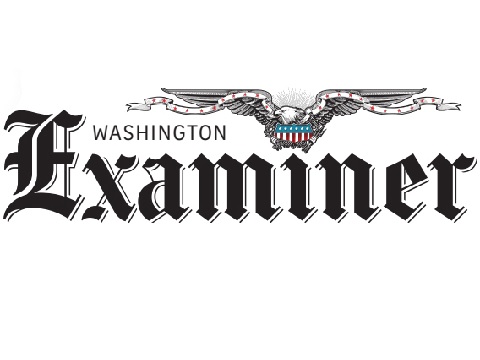This piece originally appeared in Washington Examiner on April 26, 2021.
Can state officials demand to know what organizations you join and what charities you support? Or do people have the freedom to associate with whomever they please without being tracked by the government?
On Monday, the Supreme Court will hear two groups’ challenges to California’s demand for their donor lists. About 10 years ago, the state began mandating such data from all nonprofit organizations that ask Californians for donations. New York and New Jersey later followed suit. Their effort to pierce private association threatens the entire nonprofit community and the First Amendment.
The right to support groups privately was one of the hard-fought victories of the civil rights movement. It began when officials in Alabama went looking for ways to obstruct the NAACP after its successful litigation of Brown v. Board of Education and the Rosa Parks bus boycott in Montgomery. They found a weapon in the state’s foreign corporation registration law. In the ensuing litigation, a trial court granted the state’s demand for a list of the NAACP’s members in the state and imposed a fine worth nearly $1 million today. The NAACP fought the order to the Supreme Court.
In a unanimous decision, the high court ruled for the NAACP. It said people have a right “to pursue their lawful private interests privately and to associate freely with others in so doing.” It recognized that in some circumstances, the right to associate depends on the ability to do so anonymously. Otherwise, the harassment of a group’s supporters could snuff out controversial causes.
NAACP v. Alabama was the most prominent case protecting private association, but it was by no means alone. The Supreme Court also shielded the privacy rights of union members (Thomas v. Collins), funders of anonymous leafletting campaigns (Talley v. California), and public school teachers (Shelton v. Tucker). By the 1970s, the right to join and support groups privately was clearly established.
Trouble began when Congress revised the Federal Election Campaign Act in 1974. In the case that followed, Buckley v. Valeo, the Court upheld donor disclosure requirements for candidates, parties, political committees, and for funds earmarked for campaign ads. It justified this disclosure, which was also public, by saying that it could help to enforce campaign finance laws, inform voters, and prevent corruption. The evidence for this is shaky at best, but that was the theory. In 2010, the court again upheld disclosure in the election context.
Ever since, government officials have tugged and clawed at the narrow exception to privacy established in the campaign-finance cases to try to unmask supporters of groups arguing for social change. The right to private association has been so thoroughly degraded that it is no longer clear whether NAACP v. Alabama and its progeny are still the law of the land. The U.S. Court of Appeals for the 9th Circuit ruled that California’s demand does not even give rise to a First Amendment claim unless a group can prove its donors or members suffered injuries, such as threats or harassment.
By then, of course, it would be too late. The horse will be out of the barn. That’s why the Supreme Court in Buckley did not overrule its past decisions in NAACP v. Alabama and other cases. It continued to recognize the implicit harm to First Amendment rights in forced disclosure. While sanctioning the law’s disclosure requirements, the court struck down provisions that could have applied them outside of the election context. Indeed, the court has never allowed a state’s demand for contributor information for activities that are not “campaign related,” as California has done.
Upholding California’s demand would reduce NAACP v. Alabama to the civil rights equal to Bush v. Gore, a one-off ruling limited to those parties at that time. That perspective ignores our history, ignores the Supreme Court’s other precedents, and would cause an enormous loss of liberty. NAACP v. Alabama is a case of unique facts but timeless principles.
The government needs a good reason to demand to know who you speak to or meet with. Everyone deserves the freedom to join groups and support causes without telling powerful public officials or the public that they have done so. And while today’s threats do not compare to those faced by NAACP members in the Jim Crow South, donors to controversial causes still risk being fired from their jobs, harassed, or subjected to death threats.
The Supreme Court should not wait until someone is seriously harmed over their support for a cause before it provides protection to this essential liberty. It should reaffirm NAACP v. Alabama and rule that California’s demand is unconstitutional on its face.














